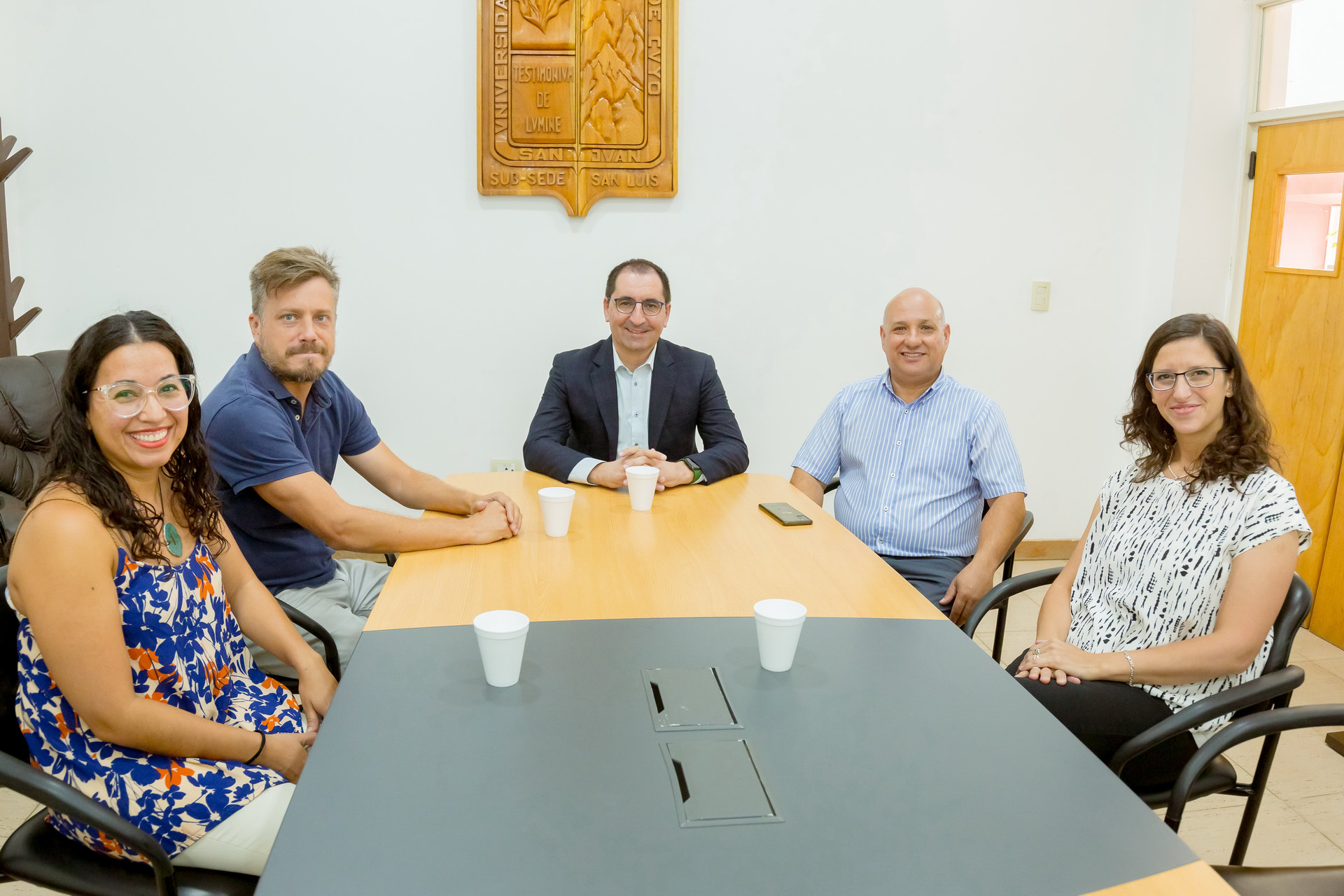The portfolio is responsible for obtaining funding through the Ministry of Science and Technology of the nation, so that the Faculty of Veterinary Sciences of the Catholique University of Cuyo San Luis implements the “Cluster Goats” project that seeks to improve the reproduction of these animals by means of artificial insemination.
After touring the laboratory carried out by the Faculty of Veterinary Sciences of the Catholic University of Cuyo San Luis, Principal program digital societyNéstor Arellano, commented that the visit was to see the fruits of a financing project for the national and regional government, with funding from the Federal Council of Science and Technology (COFECyT)) the nation, involving all provinces.
Arellano indicated that the initiative is trying to develop innovation in the reproduction of goats through artificial insemination. “In 2016 we started with development, then there was an increase in funding in 2020 and today the project is in its fullest expression,” emphasized the head of the program, who defined the idea of the Ministry of Science and Technology as working on innovators and entrepreneurs. “What we are doing with the Catholic University is transferring technology to goat producers in San Luis,” he explained.
The project initially established a population of named goats between San Luis, San Juan and Mendoza counties in the community areas of Hoarep, Encón and Forzodo: “We worked with producers from those places to artificially inseminate the animals. The idea is to expand it to the whole of San Luis County with these projects that we’ve implemented from county government, science and technology portfolio, to producers, entrepreneurs and innovators.. “This is the result of the innovation put into practice,” said Arellano.
For his part, Jose La Malva, Dean of the College of Veterinary Sciences, pointed out that the areas in which they work are at risk from a nutritional and environmental point of view. “This is being funded by the nation’s Ministry of Science and Technology along with the Ministry of San Luis. We are transferring biotechnology to the goat sector,” he explained.
La Malva highlighted that a total of 10 producers from San Luis, 20 from Mendoza and 20 from San Juan make up the cluster: “We are fully active, we have already been able to vaccinate more than 150 animals and we take this education to the producers so that they adopt this type of technology and can do it with a specialist. For this reason, we also train our students,” he said.
The dean also noted that Koyu National University is participating from the Institute of Histology and Embryology, where they work not only at the molecular level, but also in the laboratory: “We have had over 100 babies born via IVF and the results have been very promising for us and we will definitely work on improving it over time. We hope to finish this project by the end of 2023 and new ideas will emerge.He finished.
Note and photos: Ministry of Science and Technology Press.

“Creator. Devoted pop culture specialist. Certified web fanatic. Unapologetic coffee lover.”



